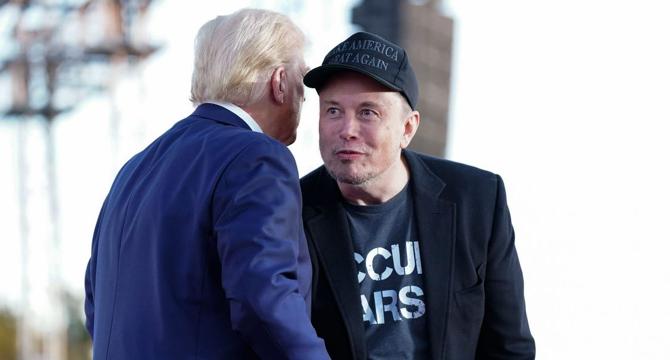Insider
1M
49

Image Credit: Insider
Why Musk supports Trump getting rid of EV tax credits
- Tesla's lead in the US EV market has started to slip slightly, losing its market share for the first time.
- Elon Musk has expressed support for an end to government subsidies, including EV tax credits, saying it would be devastating for lender competition.
- However, it is also believed that removing tax credits could mean the likes of Tesla would benefit, especially if the cancellation of subsidies pressures smaller rivals enough to stall their growth or even fold.
- Tesla has had a longer time than many competitors to benefit from subsidies. The company's market lead is well-established, and its pricing strategies and use of a profitably diverse range of vehicles is putting pressure on rivals.
- In another attempt to maintain its lead, Tesla cut prices on many of its cars over the past year, instigating an industry-wide price war.
- Of the nearly 600,000 EVs sold in the US in the first half of 2023, half were made by Tesla. Ford, in second place, accounted for just over 7% of EVs sold in the same period.
- Eliminating the consumer tax credit, part of President Joe Biden's Inflation Reduction Act, would need congressional approval. It's not yet clear if Trump and the incoming Republican-controlled Congress would also target other IRA tax incentives.
- In October, the Alliance for Automotive Innovation, an industry group, urged Congress to keep the tax credits, but reports of a potential ending of subsidies have worried investors.
- Tesla's autonomy strategy has focused heavily on EV technology and many company leaders have urged potential investors to think long-term about the company's future potential.
- Tesla shares fell about 5% following news of the discussed end to the EV credits and pre-IPO electric truck manufacturer Rivian shares fell 11%.
Read Full Article
2 Likes
For uninterrupted reading, download the app